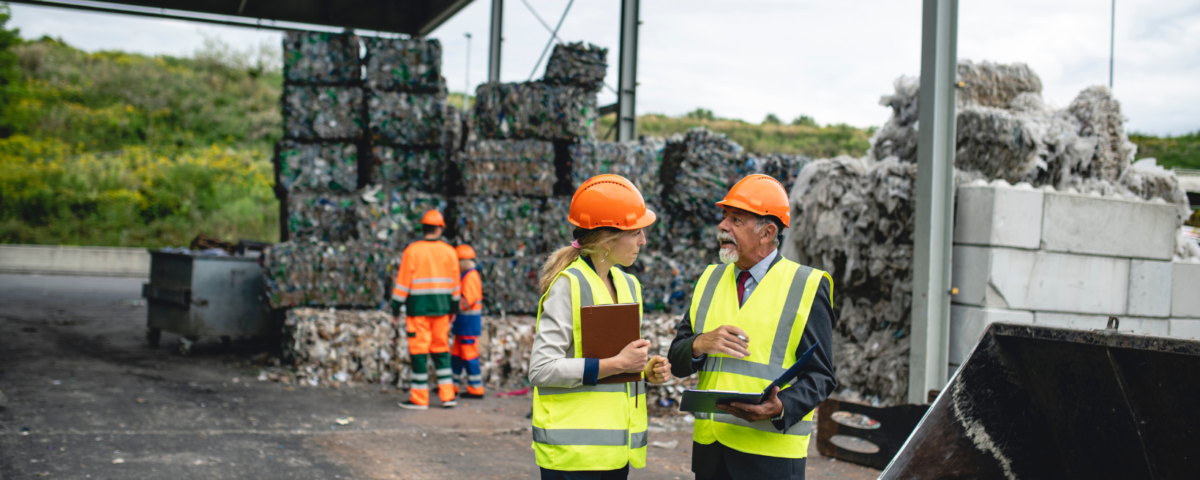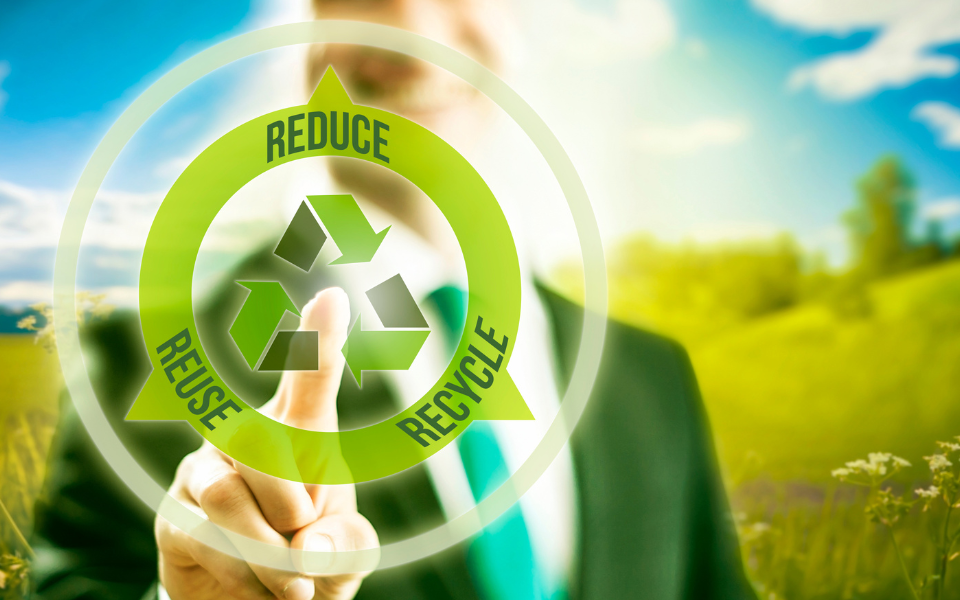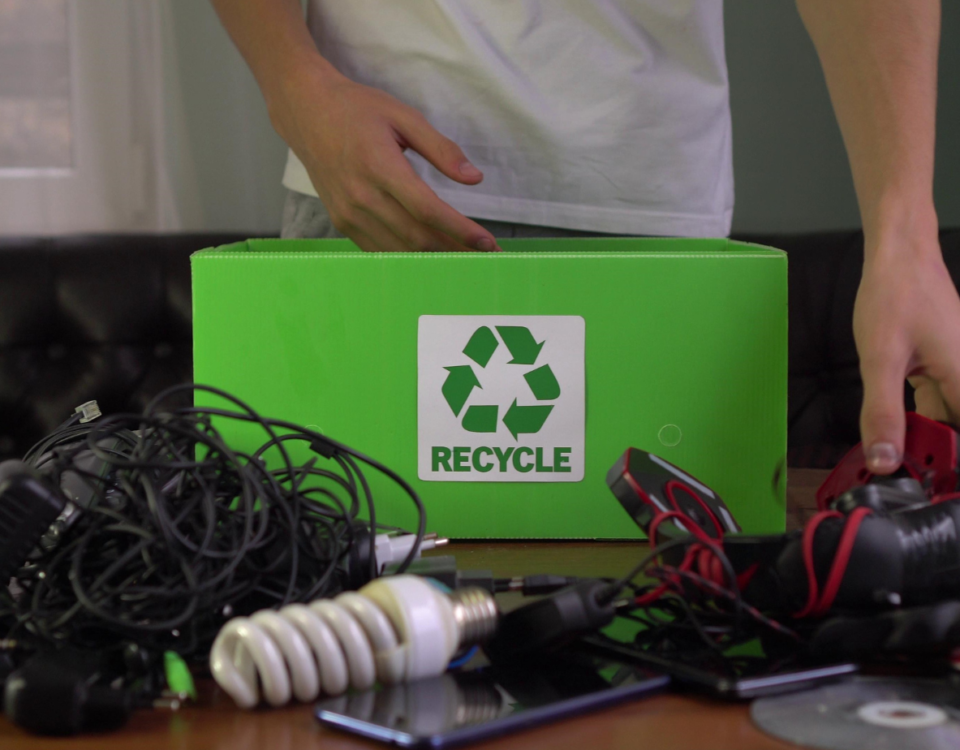- For Corporate IT Equipment Collections Call or Email us
- +97165578420
- +971 55 9991089
- info@recycleemirates.com

Data Destruction Demystified: Understanding Hard Drive and Media Shredding Services
December 28, 2023
Maximizing Returns: The Importance of IT Asset Disposal (ITAD) and Recovery Services
March 1, 2024With the speed at which technology is developing these days, electronic gadgets are becoming an essential part of our everyday existence. But as technology continues to advance and innovate, a critical problem known as electronic trash, or e-waste, arises. E-waste management is challenging for the United Arab Emirates (UAE), a country renowned for its technical advancements and elevated living standards. If you are looking for the best electronic waste management company in Dubai for reliable solutions, Recycle Emirates is one of the most popular options. They are rapidly rising to the top of the computer disposal and buyback market in Dubai, United Arab Emirates, providing their clients with a one-stop, all-inclusive recycling resource.
To address this rising issue, this article examines the difficulties, potential solutions, and significance of responsible recycling.
Difficulties:
E-waste generation has significantly increased as a result of the UAE’s widespread use of electronic gadgets. The main obstacle is that customers are not aware of how to properly dispose of electronic equipment. Unaware of the risks incorrect disposal techniques pose to the environment, many people dispose of their outdated electronics in ordinary trash cans. In addition, the e-waste issue is made worse by the quick turnover of electronic equipment. As new models and updates are continuously released, previous gadgets quickly become outdated and add to the amount of e-waste that ends up in landfills. Furthermore, if e-waste is not properly disposed of, it can contain dangerous compounds like lead, mercury, and cadmium, which can pose major health hazards.
Resolutions:
A holistic approach including public awareness campaigns, corporate accountability, government measures, and the construction of recycling infrastructure is needed to address the e-waste problem. The UAE is working to combat e-waste with several projects:
Reusing Equipment:
To keep electronic waste out of landfills, you must invest in e-waste recycling facilities. The creation of specialized recycling facilities that are capable of managing various electronic device types promotes the recovery and recycling of priceless resources.
Regulation and Law:
The UAE government has put rules in place to control how e-waste is disposed of and recycled. The purpose of these rules is to make companies accountable for managing electronic trash properly and to encourage responsible recycling practices.
Campaigns for Public Awareness:
Public education regarding the significance of properly disposing of e-waste is essential to modifying consumer behaviour. Public awareness campaigns can inform the public about recycling alternatives and venues for disposal. It also helps to highlight the detrimental consequences that incorrect disposal has on both the environment and human health.
Producer Responsibility Extended (EPR):
Manufacturers are held responsible for the complete lifecycle of their products, including recycling and disposal, when EPR programs are put into place. EPR initiatives encourage environmentally friendly activities and lessen e-waste by providing manufacturers with incentives to build recyclable goods.
Conscientious Reuse:
Careful handling, disassembly, and recycling of electronic equipment is necessary to recover valuable materials and prevent impacts on the environment. The UAE is home to several organizations and recycling businesses that provide e-waste collection and recycling services. These businesses use eco-friendly procedures to remove precious metals and parts from electronic equipment so that they can be recycled into new goods.
Initiatives to prolong the life of outdated electronics and decrease the need for new ones include refurbishing and reusing them. In addition to helping communities and individuals in need of inexpensive technology, selling or donating used devices for refurbishment also helps minimize e-waste.
Last Thoughts:
Although managing e-waste poses profound complications in the United Arab Emirates, sustainable solutions can be put in place to lessen its effects with coordinated efforts from the public, businesses, and government. The recycling companies in Dubai can lead the way in the development of a more sustainable method for handling electronic trash by increasing awareness, encouraging ethical recycling practices, and making investments in recycling infrastructure. For the sake of future generations’ environmental and public health, stakeholders must cooperate to ensure the appropriate disposal and recycling of electronic devices.




